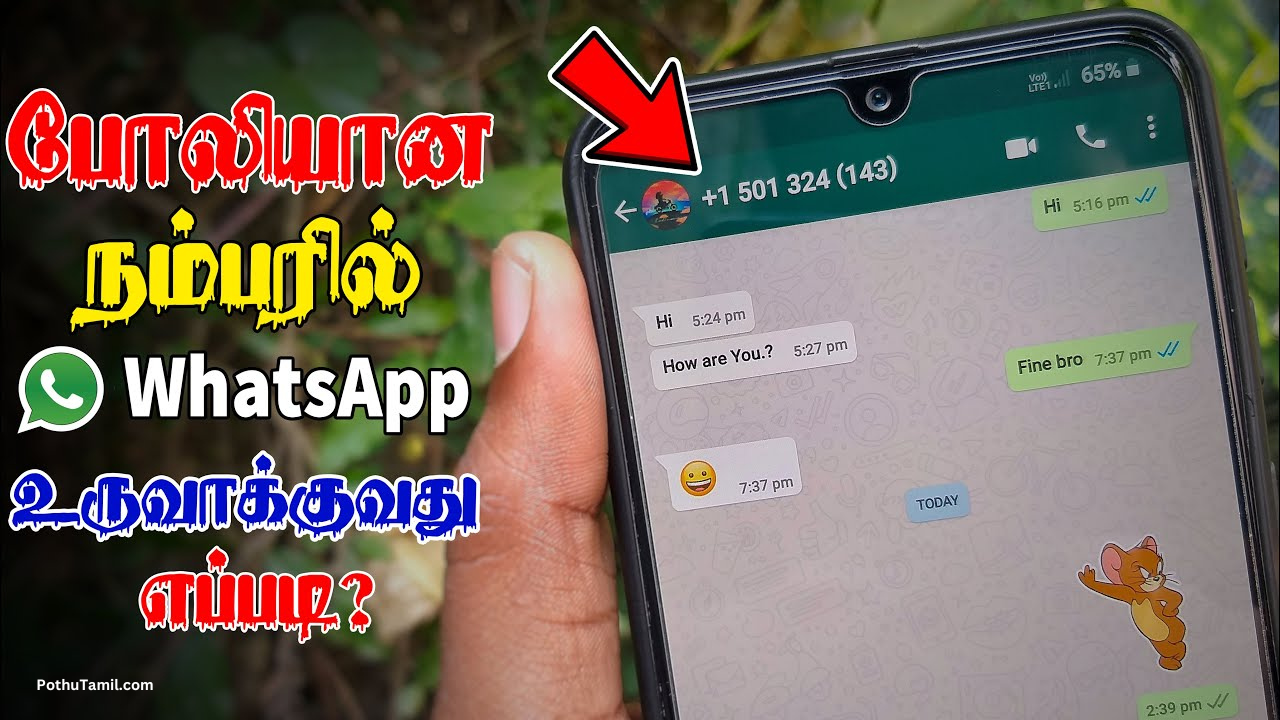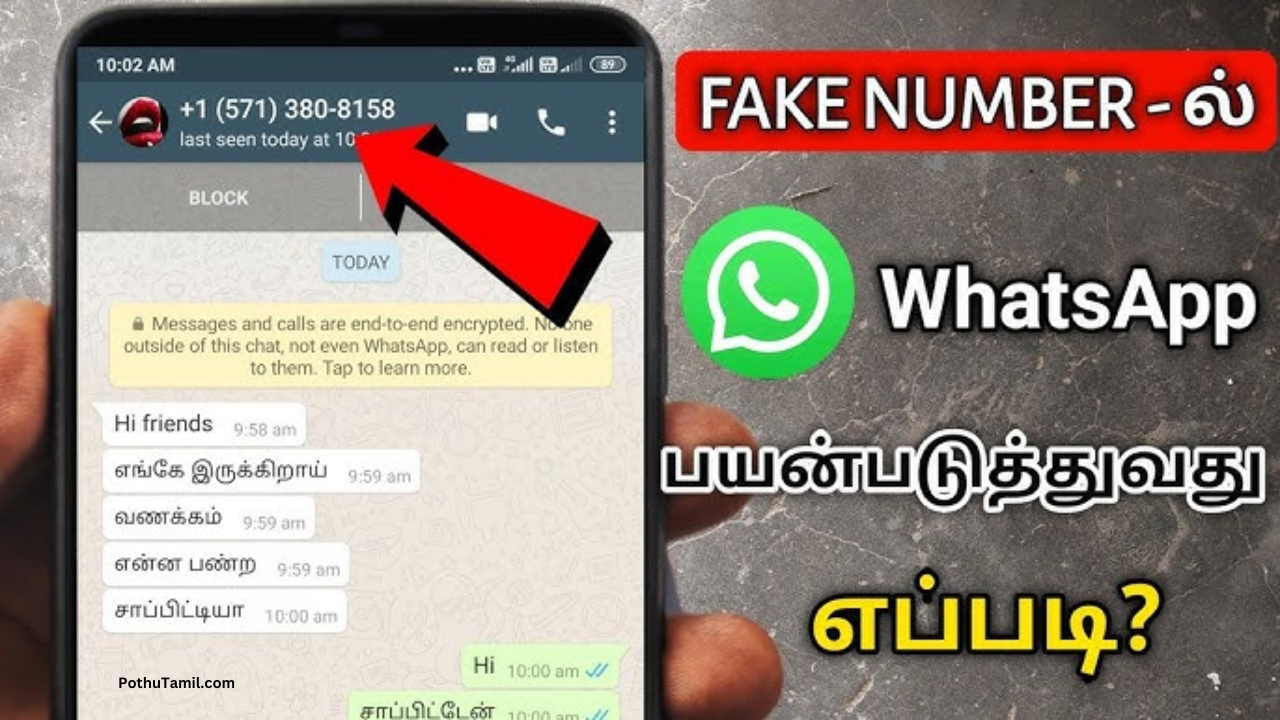Fake WhatsApp number apps promise a simple way to get a secondary or temporary number for WhatsApp without needing a new SIM card. Many creators, shoppers, and privacy-minded users are curious: do these apps actually work, are they safe, and are they legal? In this review I’ll walk through what these apps are, how they typically function, what to watch out for, real-world reliability, and whether you should consider using one.
What is a Fake WhatsApp number app?
A Fake WhatsApp number app is usually an app or service that provides a phone number you can use to register on messaging platforms like WhatsApp. The app itself doesn’t change your existing phone number; instead it supplies a separate number—often virtual or VoIP-based—that can receive SMS or calls for verification. Providers market these numbers as disposable, temporary, or secondary lines useful for testing, privacy, or separating personal and business chats.
How these apps generally work (overview, no misuse instructions)
Most legitimate services operate by issuing virtual numbers from their inventory and routing incoming verification SMS or calls to your app. You enter the provided number into WhatsApp, wait for the verification code to arrive inside the virtual-number app or through its web panel, and complete registration. Some apps integrate with cloud systems to forward messages; some require periodic activity to keep the number active. Note that WhatsApp may detect and block some virtual numbers, and the experience varies widely between providers.
Key features you’ll encounter
Expect features such as temporary numbers with automatic expiry, multiple-number management inside one account, in-app message or call forwarding, and pay-as-you-go or subscription pricing for premium numbers. Free tiers often exist but are limited in reliability and availability. Some apps advertise international numbers and quick setup while others focus on regional availability and lower cost.
Usability and interface
Top-tier apps prioritize a clean interface, instant provisioning of numbers, and clear instructions for receiving verification codes. Lower-quality apps can be cluttered with ads, push you toward paid tiers, or present confusing menus. Performance depends heavily on the provider’s infrastructure: a fast, responsive app paired with reliable SMS delivery will feel seamless, while a buggy app or one with overloaded number pools can be frustrating and time-consuming.
Reliability and limitations
Reliability is the main practical limitation. Free or low-cost numbers are frequently recycled and may already be registered on WhatsApp, causing failure during registration. Delivery delays for SMS codes and occasional blocks by WhatsApp or other platforms are common with virtual numbers. Additionally, numbers that are widely reused may be flagged by services for suspicious activity, which reduces long-term usefulness for ongoing accounts.
Privacy, security, and legal considerations
Privacy benefits advertised by these apps are real to a degree—keeping your personal SIM number private is useful—but there are tradeoffs. When you use a third-party number, the provider can potentially see incoming verification data, metadata, or logs depending on their policies. Many apps collect device and usage data and some may sell aggregated information. From a legal and policy standpoint, using virtual numbers to deceive others, impersonate someone, or bypass platform restrictions can violate terms of service and local laws. Always check the app’s privacy policy, terms of service, and the regulations in your country before using such services.
Cost and value for money
Free numbers are tempting but carry the highest risk of unreliability. Paid subscriptions or premium per-number fees usually improve reliability and customer support, and they may offer dedicated or longer-term numbers. Whether the cost is worthwhile depends on your needs: for one-off testing or privacy-sensitive contact with a stranger, a cheap temporary number can be valuable. For an ongoing business line or long-term account, investing in a reputable virtual number service or a proper second SIM is often the smarter route.
Legitimate uses and acceptable alternatives
There are harmless, sensible reasons to use secondary numbers: testing multi-account workflows, protecting your primary number when buying or selling online, or separating business contacts. For long-term or professional needs, consider official alternatives such as a second SIM, dual-SIM phones, WhatsApp Business with a dedicated line, or established VoIP services that provide strongly supported business numbers. These alternatives tend to offer better customer support, clearer privacy practices, and improved reliability.
Recommendations and best practices
If you decide to try a fake whatsapp number app, choose a provider with transparent privacy terms, recent positive user reviews, and clear customer support channels. Avoid using virtual numbers for account recovery, financial services, or any situation where losing access could be damaging. Do not use such services to mislead or harm others; that crosses ethical and legal lines and risks account suspension or worse. If you make a review video or article, show the privacy policy, demonstrate real-world success rates, and disclose any paid relationships with the provider.
Conclusion
Fake WhatsApp number apps can work and have legitimate uses, but they come with notable reliability, privacy, and policy risks. Free options are often unreliable and recycled, while paid services usually perform better at a cost. For casual, short-term needs these apps can be handy; for anything important or long-term, prefer official second-SIM solutions or reputable VoIP providers. If you’re planning a review or tutorial, be transparent about limitations and emphasize ethical use to protect both your viewers and yourself.



15
Hi
Sivakrisnan
Call
Hi
Mmm
ok
Oi
Today
Good
Hi
காந்தி நகர் நர்த்து தெரு பத்தமடை
Hii
H
hi
Whatapp
Fake
டென்த் முடிச்சிருக்கு இப்ப வேலைக்கு போறேன்
Im single
Love ponnu
En husband pesenum
வணக்கம் நல்ல முறையில் பழக நட்புக்கள் வேண்டும்
Fack whats app